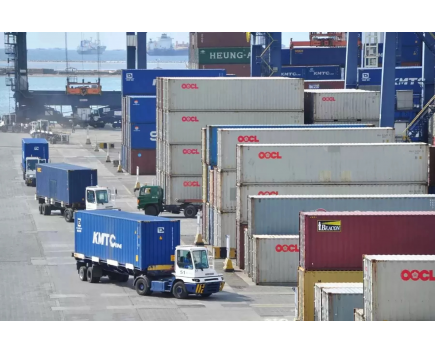
Kratom Farmers Worry About Impact of Trump Tariffs
Kratom farmers in Indonesia are worried that new sweeping tariffs placed by the Trump administration on trading partners will decrease kratom demand.
The recently imposed U.S. import tariffs have raised significant concerns among kratom farmers and buyers in Kapuas Hulu, West Kalimantan, Indonesia. These tariffs, now reaching up to 32%, are expected to impact the export-dependent kratom industry, which primarily supplies markets in the United States.
Local buyers fear the ripple effects of reduced imports, which could drive prices down at the farmer level. While kratom prices in Kapuas Hulu remain stable for now, stakeholders worry that prolonged tariff policies may disrupt this stability.
Economic observers highlight that these tariffs could undermine not only the kratom trade but also broader export sectors. If demand weakens, the economic repercussions could include reduced production, declining wages, and increased unemployment.
Farmers and buyers urge the Indonesian government to take swift action to mitigate the impact of these tariffs, including leveraging trade relations with the U.S. to negotiate more favorable terms, and aligning with ASEAN and other countries to counteract U.S. trade policies.
In recent months, Indonesia implemented export regulations in order to ensure the quality and safety of kratom products being exported to the United States and other countries. Between the passage and implementation of these regulation, a massive backlog of kratom shipments sat at Indonesian ports as exporters awaited inspection and permits.
The American dietary supplements industry is also worried about how the new tariffs will affect prices across all of their products.
Cal Bewicke, CEO of Ethical Naturals, told SupplySide Supplement Journal:"The issue here is that supply chains these days in almost all industries are multi-national, and this of course includes the supplement industry. To manufacture products in the US, most companies need to use some ingredients from overseas. There is no quick way to build extraction and vitamin raw material production facilities in the US, so as long as these tariffs are in-place, costs will be higher."














Comments
Leave your comment